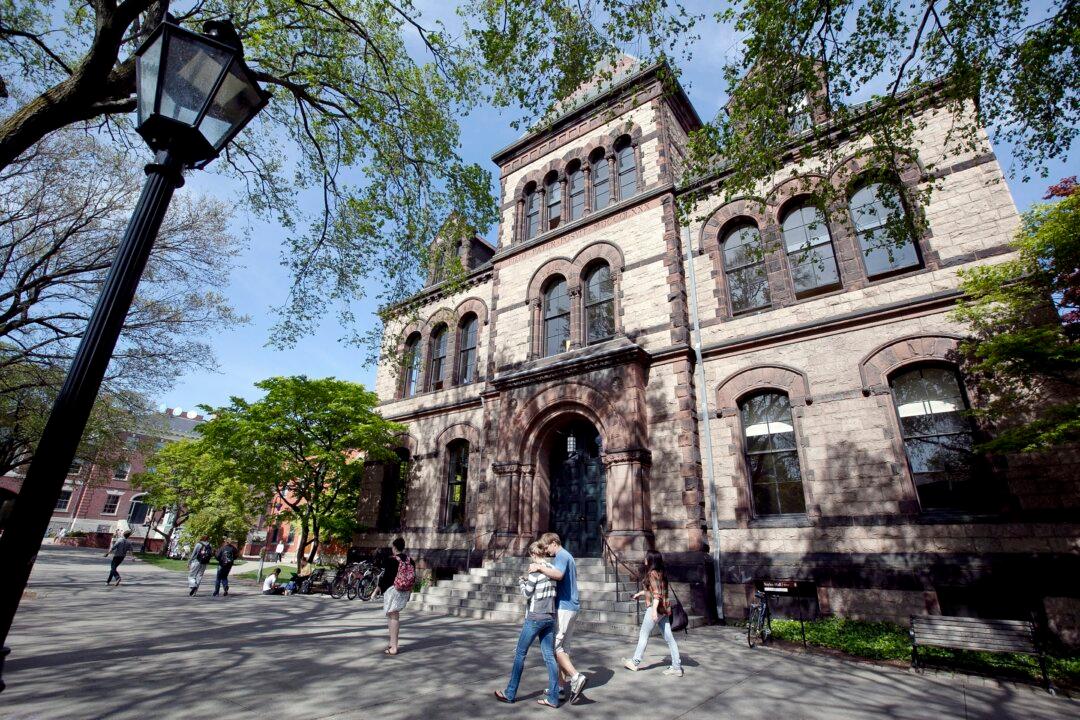Brown University in Providence, Rhode Island, announced on Tuesday that it has reached a deal with students who were demonstrating in support of Palestinians, ending weeks of protests.
Under the new agreement, students agreed to remove their encampment from school grounds by 5 p.m. on Tuesday and “refrain from further actions that would violate Brown’s conduct code through the end of the academic year, which includes Commencement and Reunion Weekend,” according to the school.




